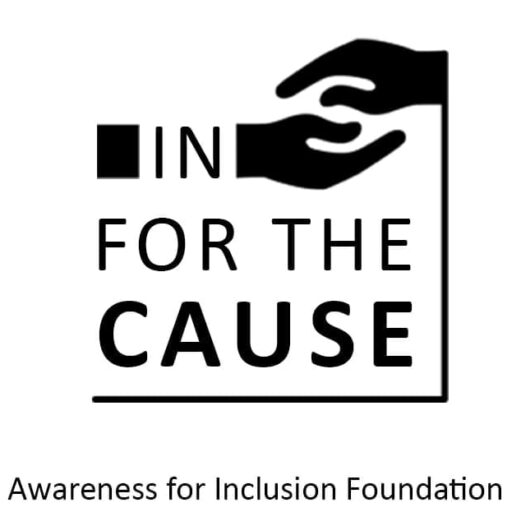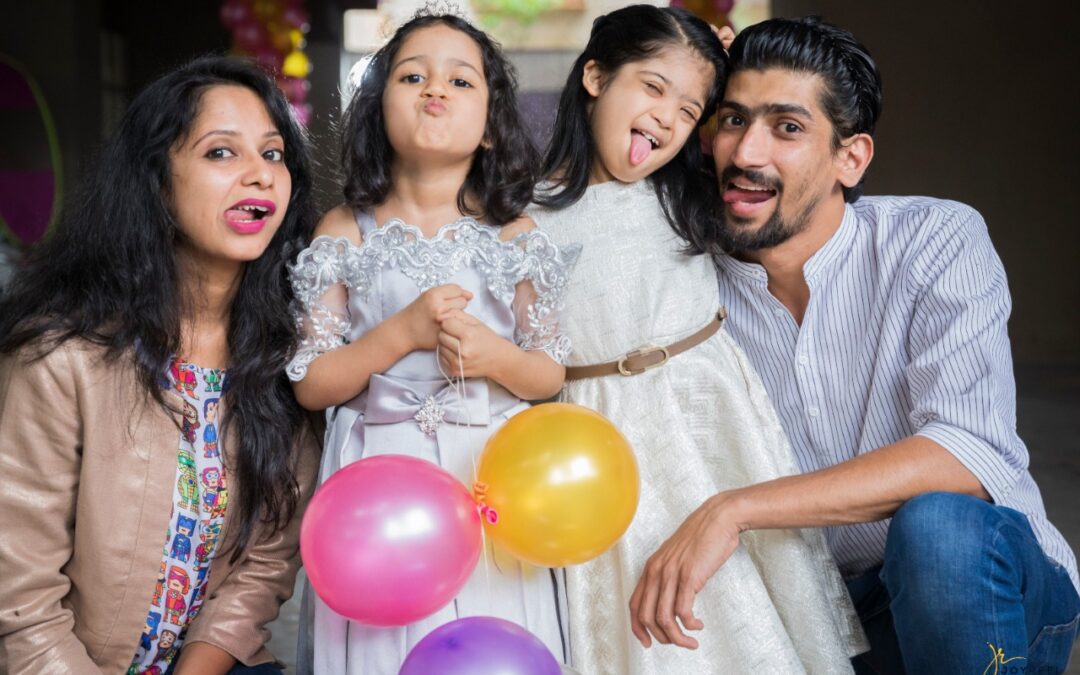By Latika Sakhuja
Each one of us is born with different interests and abilities. Some of us love art while others enjoy music. Some might be wonderful at maths while others at science. Yet, we are all accepted and appreciated for all that we can do and achieve. This is largely because we perfectly fit the definition of ‘normal’. However, what about the people who do not confirm to this, the ones who stand on the periphery. Some people may not have the abilities that most of us categorise together as the ‘norm’, do we attempt to recognise these different abilities that do not conform to the category?
Over time, as the awareness about disabilities and disabled people has increased, labels like ‘disabled’, ‘special’, ‘not normal’ have now been replaced with people with ‘differing’ abilities. And rightly so! The differing abilities range from beautiful artistic skills, to mathematical abilities, a profound imagination, and other skills that don’t necessarily confirm to the so called ‘required’ list, and even in general, unique warmth and a wonderful sense of humour!
The sad reality however is that a large segment of the society does not attempt to understand the blessed beings with differing abilities, largely because of the social stigma attached to the perceived lack of abilities. This clearly indicates that it is important to shift the focus on what they can do and achieve, and the element of fun that they bring along! At some stage or the other, we all realize that we do not posses all abilities, similarly, people with differing abilities possess abilities that we might or might not have. The important part is to recognize that we are all ‘able’ in our own ways.
Shreya Jain states, “My brother has autism, he is twenty now and we as a family have accepted the fact that his academic skills are probably not perfect. Over time, he has steered towards mastering other skills. He is now an indispensable member within our household who contributes to every task. He derives satisfaction out of all that he does and is in general at a very happy place.”
This acceptance that we all have differing abilities and in general one mould cannot fit all would make it so much easier for everyone.
Interestingly, most people with differing abilities have a wonderful relationship with the ones that they are close to. This relationship is based on absolute trust that stems from their faith in the person. This lends an aura to the relationship that is general unseen and unheard of as we move on in life. Furthermore, people born with differing abilities maintain a childlike innocence through life. The world for them does not have shades of grey and brown unlike most of us who are categorised as the ‘normal’ beings. They firmly believe that the person who is close to them will have their best interest in mind and will not take advantage of them. As a result, the interactions with them are devoid of layers that create a mirage but hold no value. For example, a person who cannot speak will be sure that the people who cares about him or her will make it a point to communicate as and when required. A person who can’t see will trust that you would not intentionally hamper their movement. On the other hand, this is a form of faith that has no boundaries and this is rarely seen. This faith and innocence brings a refreshing quality to the relationships that these people treasure.
Says Shweta Runwal, “My daughters share a beautiful relationship. My older one, Dhriti, has downs syndrome and according to my younger one, that is the way things are supposed to be. She does not know any other way. At the same time, Dhriti is extremely forgiving and is very sensitive. She is the one who makes my younger one smile whenever she is upset. They have a lot of fun together and I believe they have learnt to live in the moment and enjoy it to the fullest. This realisation makes everything fun. Dhriti is the one who has taught us to live in the moment. Her happiness stems from within and she doesn’t hold on to things, she lets go and forgives easily.”
Shweta runs Tickle your Art, an organisation that spreads awareness about down syndrome and acceptance of differing abilities.
The relationship between siblings is always beautiful. It becomes even more ethereal when one has differing abilities. The siblings are in general more accepting and they have no set standards to judge people. For them, people are the way they are and are perfect in their own way.
Be it between friends, siblings, parent and child, or aunts and uncles, having a person with differing abilities around can be a lot of fun. Navigating these relationships seems difficult but that is not the case. It is the lack of familiarity and acceptance that leads to this perception. And with awareness this can be addressed, and the true potential of these relationships can be achieved.

